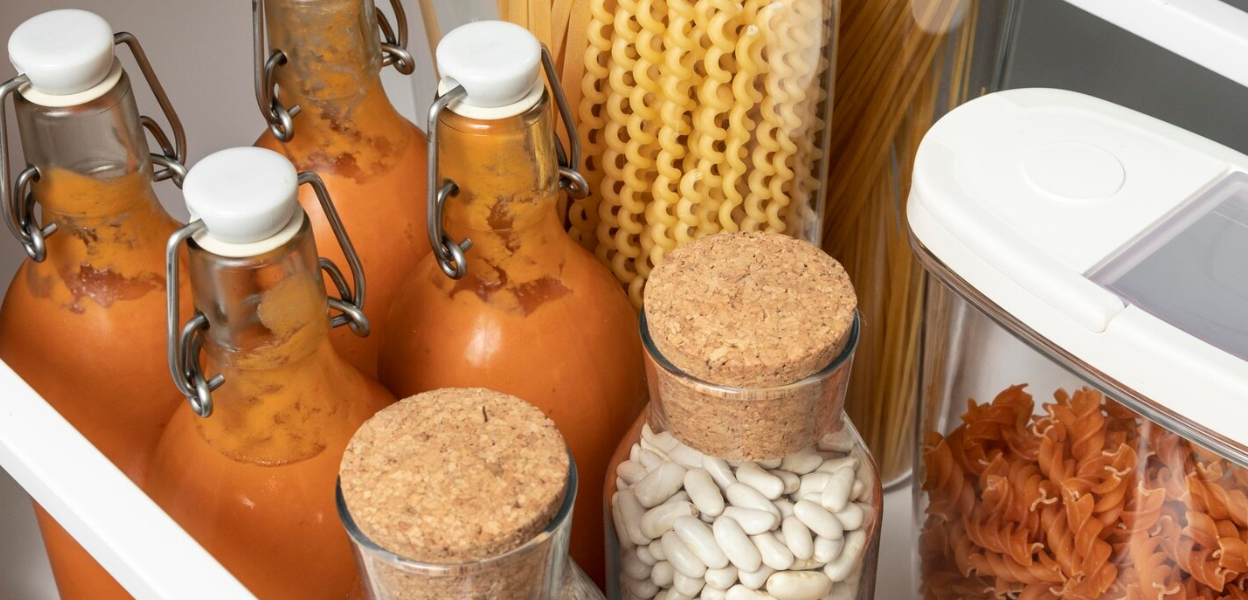How Gut Health Influences Your Mood and Energy Every Day
Feeling low-energy or moody lately? Your gut might be sending the signals your brain didn’t expect.
Ever felt unusually tired even after a full night’s sleep or found yourself in a bad mood without any clear reason? While it’s easy to blame stress or screen time, there’s one major player in your daily energy and emotional balance that often goes overlooked which is your gut. Yes, your digestive system is deeply connected to how you feel, think, and function.
We tend to think of digestion and mental health as two separate zones, but the truth is, they’re incredibly intertwined. From your morning motivation to how you handle stress, your gut plays a quiet but powerful role in shaping your day.
Why Your Gut Deserves More Credit Than It Gets
Your gut is home to trillions of microbes, bacteria, fungi, and other tiny organisms that live in your intestines. Together, they form what’s known as your gut microbiome. This microscopic community does a lot more than just help digest food. It supports your immune system, influences your metabolism, and directly impacts your brain through a connection called the gut-brain axis.
This gut-brain axis is essentially a communication superhighway between your digestive system and your central nervous system. Messages constantly travel back and forth via hormones, immune signals, and nerves, especially through the vagus nerve, one of the longest in the body. So when your gut is inflamed, out of balance, or not functioning well, it doesn’t just affect your stomach. It affects your mood, focus, and energy too.
Understanding the Gut-Brain Axis in Simple Terms
Think of your gut as your second brain. In fact, scientists often refer to it as exactly that. The enteric nervous system, a vast network of neurons lining your gastrointestinal tract, regulates digestion and sends constant feedback to your brain. It produces neurotransmitters like serotonin (the “feel good” chemical), dopamine, and GABA, which play key roles in mood regulation and emotional balance.
A well-balanced gut means more steady production of these neurotransmitters. When your gut is off, those feel-good chemicals can dip, leading to mood swings, anxiety, irritability, and yes, low energy. That’s why addressing gut health and mood together is crucial for emotional stability.
10 Signs of an Unhealthy Gut You Shouldn’t Ignore
Your gut may be trying to tell you something, and it's not always subtle. Symptoms that are often written off as “normal” might actually be clues pointing to poor gut function. Some signs include:
- Constant bloating and gas
- Chronic fatigue that doesn’t go away with rest
- Food intolerances or sudden sensitivities
- Brain fog and trouble concentrating
- Skin issues like acne or eczema
- Frequent illness or low immunity
- Mood instability or irritability
- Trouble sleeping
- Sugar cravings
- Bad breath despite good oral hygiene
These are all among the 10 signs of an unhealthy gut that people often overlook. And once your gut is compromised, it sets off a chain reaction that can sap your energy, affect your mood, and disrupt overall wellness.
How Poor Gut Health Contributes to Anxiety and Brain Fog
It’s not in your head, well, not entirely. Poor gut function directly contributes to symptoms like anxiety, tension, and that sluggish brain fog that makes even simple tasks feel like a chore. When your gut microbiome is out of balance, it can lead to inflammation that affects your nervous system.
Gut-related inflammation increases cortisol (your stress hormone), which makes your body feel like it’s constantly in “fight or flight” mode. Over time, this leads to adrenal fatigue, disrupted sleep, and a cloudy headspace where it’s tough to think clearly.
Your microbiome also impacts how efficiently you absorb nutrients like B vitamins, magnesium, and omega-3s, all of which are essential for energy and emotional health. This makes gut health and energy a deeply connected cycle.
The Best Foods to Feed a Healthy Gut Microbiome
Food is the fastest and most effective way to support your microbiome. A fiber-rich, plant-forward diet helps promote diversity in gut bacteria, which is key to optimal function. Focus on colorful vegetables, leafy greens, legumes, nuts, and seeds, your gut thrives on variety.
Fermented foods are another powerful player. Items like kimchi, sauerkraut, kefir, and especially yogurt can replenish beneficial bacteria. Choosing the best yogurt for gut health means looking for those with live and active cultures, minimal added sugars, and whole ingredients.
Adding prebiotic-rich foods like garlic, onions, leeks, and asparagus provides fuel for your good bacteria, encouraging their growth and balance over time.
The Role of Probiotics, Prebiotics, and Gut Health Supplements
Probiotics introduce beneficial bacteria into your gut, while prebiotics feed the bacteria already living there. When taken in tandem (often called synbiotics), they create a powerful combo that supports digestion, mood, and immunity.
Supplements containing strains like Lactobacillus and Bifidobacterium have been linked to reduced anxiety and better focus, reinforcing how connected gut health and mood really are. Always look for third-party tested options, and try rotating strains every few months for diversity.
Why Hydration and Fiber Help More Than You Think
Water and fiber might not seem glamorous, but they’re your gut’s best friends. Water helps transport nutrients, supports regular elimination, and keeps your intestinal lining hydrated and functioning. Without enough of it, your digestion slows, and toxins may build up leading to more bloating, fatigue, and irritability.
Fiber, on the other hand, acts like a broom for your digestive tract. It feeds good bacteria, encourages regular bowel movements, and prevents blood sugar spikes that can affect mood and energy levels. The best approach is to aim for fiber from whole foods rather than powders, starting with small amounts and increasing gradually to avoid discomfort.
What About Gut Cleanses and Quick Fixes?
You’ve likely seen ads for gut detoxes, colon cleanses, or "reset" programs promising to fix your digestion in a few days. Here’s the truth: your gut doesn’t need a cleanse. It needs support. Most extreme cleanses are harsh, unregulated, and can actually do more harm than good by stripping away both bad and good bacteria.
The smarter route is slow, steady nourishment, through diet, hydration, movement, and optional gut health supplements. There’s no magic pill, but there is a very real transformation that happens when you treat your gut with consistency and care.
Your gut is where your mood, energy, and resilience begin. Tuning in to how your gut feels, recognizing the signs it sends, and taking small steps to support it can unlock huge shifts in how you experience your day-to-day life. Next time you feel off, mentally or physically, consider that it might not be all in your head. It might just be in your gut.
Follow FlexGlimpse for real, research-backed wellness content.
Related Blogs
A Neutral Overview of FridgeFriend and Its Home Storage Products
FridgeFriend offers kitchen storage and organization solutions. This overview explains product types, materials, and key considerations for shoppers.
Kolhapuri Slippers for Women by Vhaan That Carry Stories with Every Step
Discover customer-favorite antique Kolhapuri slippers by Vhaan that blend tradition with modern charm. These timeless pieces tell a story with every step.
Wireless Keyboards by Amkette That Are Worth Checking Out
If you’re upgrading your setup, these wireless keyboards by Amkette blend comfort and performance. Here’s what makes them worth your attention.




